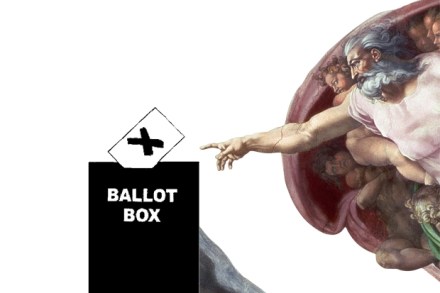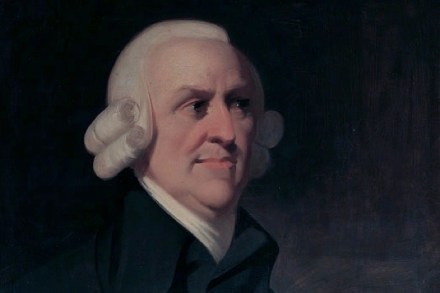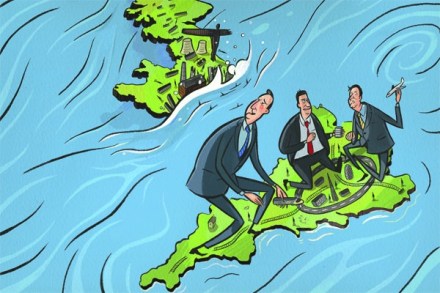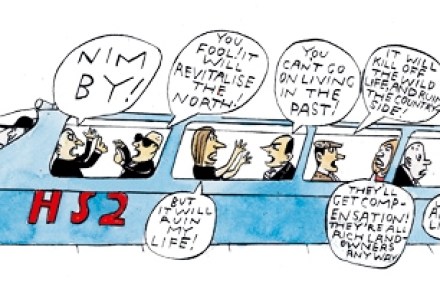Government signs up Labour’s Andrew Adonis to oversee HS2 delivery
In an impressive cross-party signing, the government has appointed Lord Adonis, the former Labour transport secretary, to oversee delivery of the HS2 railway. Lord Adonis gave birth to the idea of HS2 prior to the 2010 election and has remained a vocal advocate for the project ever since. The transport secretary Patrick McLoughlin said in a statement he was ‘extremely pleased’ that Adonis is joining the board of HS2 Ltd as a non-executive director. Adonis himself described HS2 as a project of ‘national significance’: ‘Patrick McLoughlin has been a powerful advocate for the project and the government has risen to the challenge of thinking about the long-term by putting in place a

















